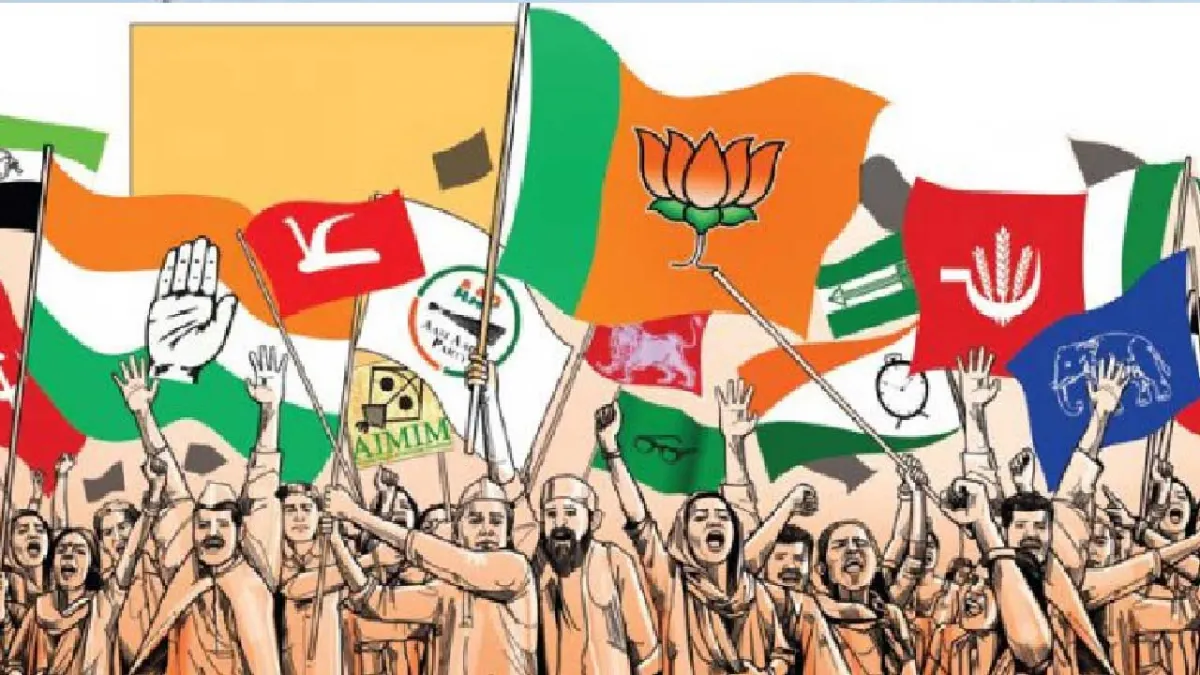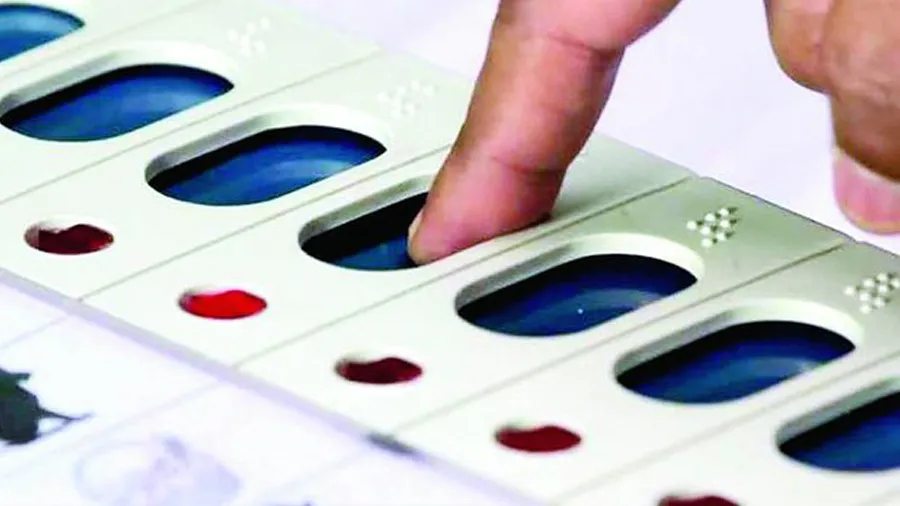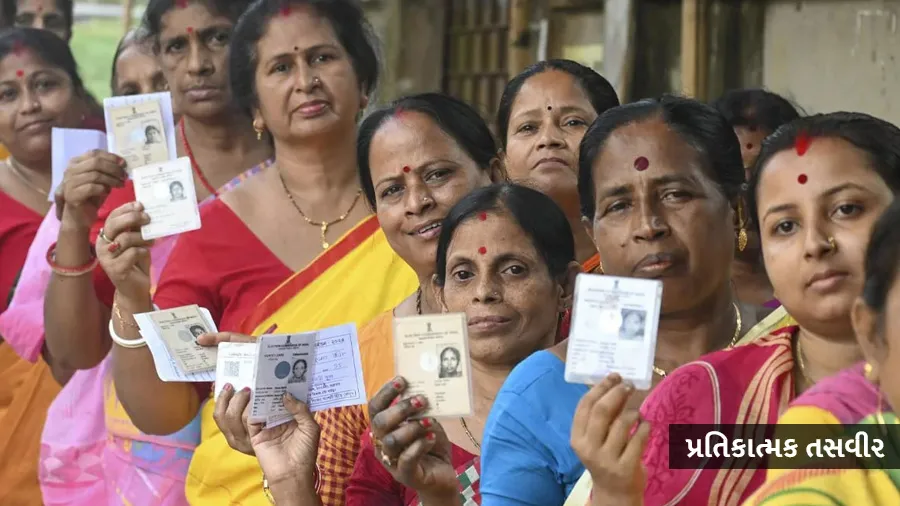- Opinion
- Turncoat Politicians May Be Greeted with Cheers, Not Votes
Turncoat Politicians May Be Greeted with Cheers, Not Votes

In Democracy, the voice of citizens holds the highest value. In a country like India, citizens elect their representatives through elections, based on the ideology and programs of political parties. But when elected leaders switch parties, isn’t that a betrayal of the trust voters placed in them? Every citizen should ask themselves this question today, because such actions by politicians raise concerns not only about their personal ethics but also about the core principles of democracy.
What is Party Switching?
When a politician, who contested and won an election under one party, leaves it to join another, it is called party switching or "defection." Such incidents are not new in Indian politics. Often, these decisions are made for power, position, or personal gain. However, the greatest impact of this behavior is on the voters—those who voted based on a particular ideology and leadership. When a leader changes parties, the value of the voter's choice is diminished. Isn't that a kind of betrayal?

This issue can be viewed from two perspectives.On one hand, some argue that politics is a field of alliances, and leaders should have the right to choose a party that aligns with their beliefs or priorities. If a leader is dissatisfied with their party's policies or believes that switching to another party is necessary for the welfare of their constituency, their decision could be considered valid.
On the other hand, voters believe that a leader has a moral obligation to honor the promises and ideology on which they were elected. By switching parties, the leader ignores the expectations of their electorate.
The credibility of such leaders also comes into question. A leader who cannot remain loyal to their own party—how loyal will they be to another party or to their voters? Often, it is observed that such leaders receive high positions or economic benefits after switching sides. In such situations, voters may feel that their vote has become part of a political bargain. This undermines the spirit of democracy and erodes public trust in the political system.

Voters have an important role to play
If people continue to elect party-switching leaders, the practice will continue unchecked. In a democracy, the greatest power lies with the people—their vote. By using this power wisely, voters can hold leaders accountable. If the public rejects such opportunistic leaders, political parties will be forced to think twice before encouraging defections.
In conclusion, party-switching is not an essential part of democracy, but it does impact the credibility and health of the democratic system. Politicians must understand their moral responsibility, legal reforms should be introduced, and voters must use their power consciously. Only then can the true spirit of democracy be preserved.
After all, democracy should reflect the will of the people and honor that will.
About The Author

Lorem Ipsum is simply dummy text of the printing and typesetting industry. Lorem Ipsum has been the industry's standard dummy text ever since the 1500s, when an unknown printer took a galley of type and scrambled it to make a type specimen book. It has survived not only five centuries, but also the leap into electronic typesetting, remaining essentially unchanged. It was popularised in the 1960s with the release of Letraset sheets containing Lorem Ipsum passages, and more recently with desktop publishing software like Aldus PageMaker including versions of Lorem Ipsum.










.jpg)













